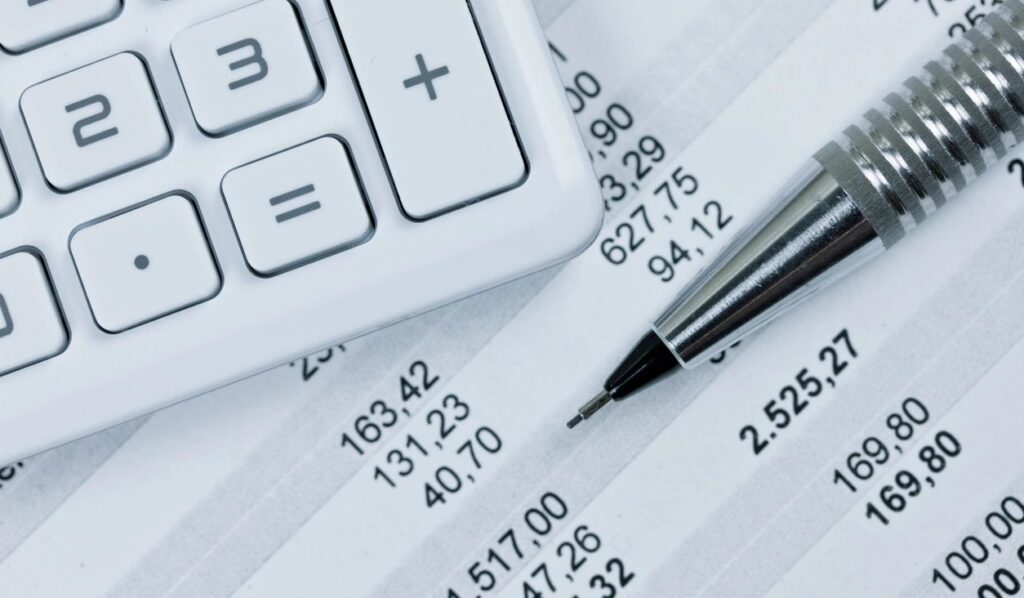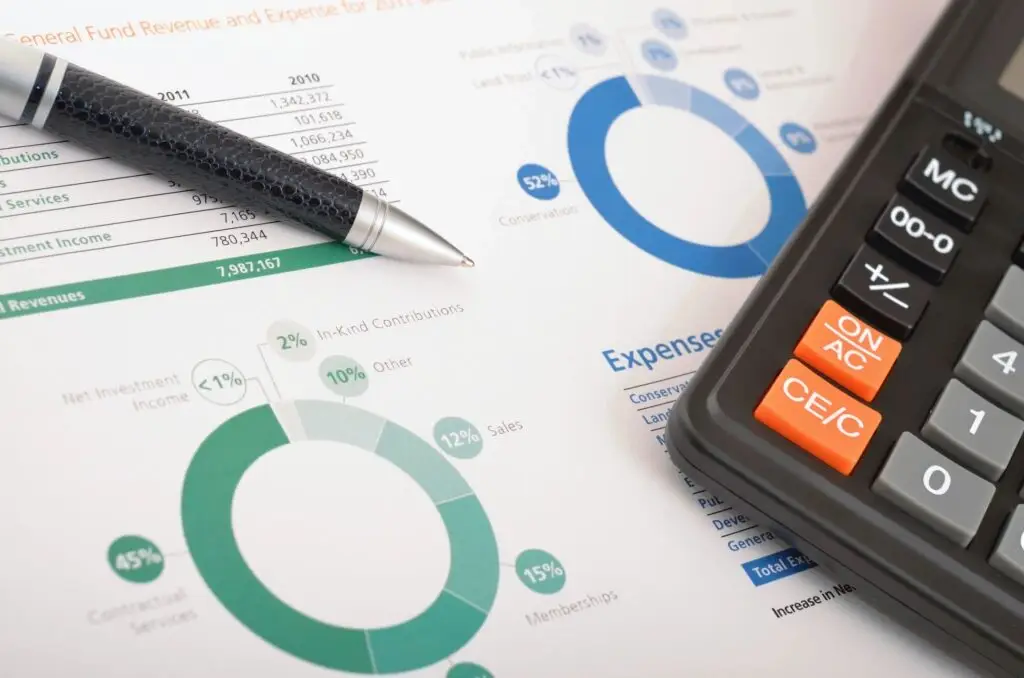Tax Preparation Fees Deductible?
By: Joshua Parsley
What are Tax Preparation Fees?
Tax preparation fees if you’re thinking about hiring a professional to handle your taxes this year. You might be curious if you can deduct those preparation fees. Whether you’re working with a lawyer, accountant, bookkeeper, or an online bookkeeping service like Thank Heavens, those costs can add up.
Tax Prep. is anything you may have to spend to resolve a tax dispute with the IRS over your profit or loss from business. This expense can get pricey anywhere from $150 to $300 depending on your individual tax situation. Having the freedom of being in business for yourself is wonderful taxes will always be one of your biggest expenses. Tax preparers will file your tax returns, ensuring that each return meets state and federal requirements and that clients receive full benefits. These professionals gather and review all relevant information, process the tax returns, and consult with clients on their next steps.

Are Tax Preparation Fees Deductible?
A tax preparation fee is a cost you pay when you either use an online service or a CPA. With online tax preparation services, you are guided by the system through entering your income from tax documents and entering such deductions as mortgages and student loans. The online service charges a fee to produce the required tax forms based on the information you have entered.
With a CPA, you get more personalized service. The tax professional helps by informing you of the information you need to gather and then prepares the tax forms needed for your situation. Sometimes, they will charge an hourly rate but sometimes it is a set fee. You may incur a higher cost for tax prep. by a CPA compared to an online service, but you are benefiting from their CPA credentials, and you don’t have to do all the work yourself.
Rules and Limitations for Deducting Tax Preparation Fees
When it comes to deducting tax preparation fees, the rules can depend on your business structure. Generally, these are some common expenses you can claim:
- Fees paid to tax pros for preparing your return and any consultations such as bookkeepers or CPA’s
- Legal fees related to tax issues (but not personal ones you can’t deduct these)
- If you’ve had to hire help for an audit such as accountants or lawyers
- Software programs you use to file your business taxes (QuickBooks Online, FreshBooks, XERO)
- Costs for electronically filing your return, including credit card processing fees
Remember, only the portion of your tax prep. related to your business—like preparing forms such as Schedule C, E, or F—is deductible. Any costs of preparing personal tax returns, standard tax deductions, or tax credits are off the table.
Tax Deductions for Small Business Owners
Qualified Business Expenses
- Car expenses and mileage
- Office expenses, including rent, utilities, etc.
- Office supplies, including computers, software, etc.
- Health insurance premiums
- Business phone bills
- Continuing education courses
- Parking for business-related trips
- Business-related travel expenses, including flights, rental cars, hotels, etc.
- Postage
- Business meals
- Professional Services
- Business Insurance
- Education
- Many more….

Using Tax Preparation Fees as a Deduction
While tax preparation fees can’t be deducted when it comes to personal taxes, they are considered an “ordinary and necessary” expense for business owners. This means that if you are self-employed, you can deduct your tax preparation fees under your business expenses.
Now that we’ve addressed the popular question, “Are tax preparation fees deductible?” Let’s discuss exactly how much you can deduct. The exact amount that you can deduct will be unique to you, but if you are a business owner or independent contractor and are eligible to do so, here are some expenses you may be able to deduct:
- Tax preparation software you use yourself,
- Fees for e-filing.
- The cost of working with an accountant or tax professional, including the cost of the return preparation as well as any consultations.
- Legal fees and audit representation.
Tips for Optimizing Tax Deductions
Keep Accurate Records and Receipts
It is important to keep these documents because they support the entries in your books and on your tax return. You should keep them in an orderly fashion and in a safe place. For instance, organize them by year and type of income or expense. Purchases, sales, payroll, and other transactions you have in your business will generate supporting documents. Supporting documents include sales slips, paid bills, invoices, receipts, deposit slips, and canceled checks. These documents contain the information you need to record in your books. It is important to keep these documents because they support the entries in your books and on your tax return. You should keep them in an orderly fashion and in a safe place. For instance, organize them by year and type of income or expense.
Conclusion
Seek Professional Advice
It’s important to choose the right professional that can help you with all your tax needs as a business owner. There is only so many times you can get this wrong before penalties and fines come into play. Locating a bookkeeper near you or a CPA will help you in this area to be tax compliance for this year. Tax planning is an area you don’t want to skip so getting these individuals on your team will be a game changer for less stress at tax season.


